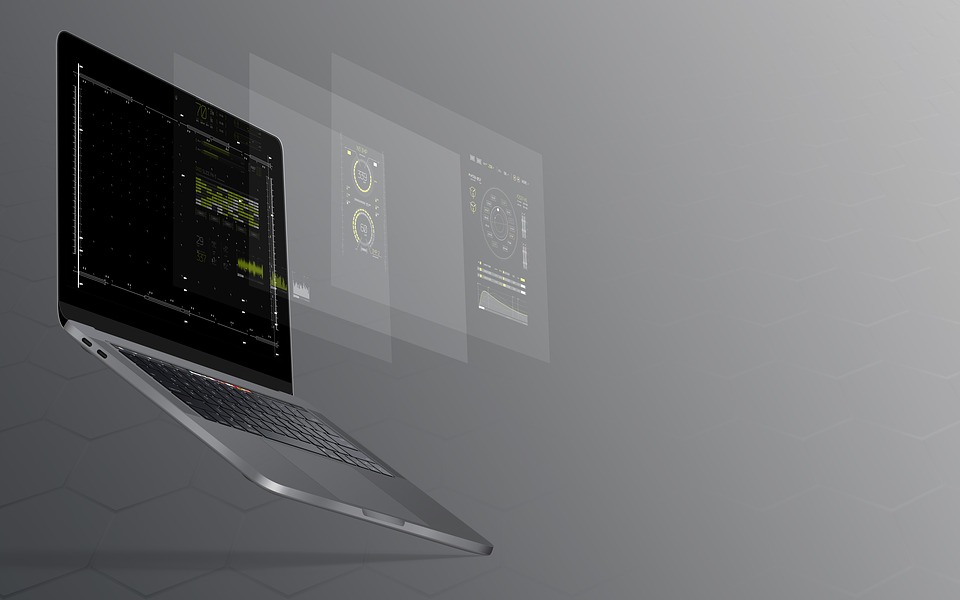 Computers are essential in our daily lives and can be a source of frustration when they don’t work as expected. One of the most common reasons for computer problems is hardware issues. Whether it’s a power supply problem, overheating issue, hard drive failure, or a graphics card malfunction, there are a number of common hardware problems that can occur. In this article, we’ll go over some of the most common computer hardware problems and offer tips on how to troubleshoot them.
Computers are essential in our daily lives and can be a source of frustration when they don’t work as expected. One of the most common reasons for computer problems is hardware issues. Whether it’s a power supply problem, overheating issue, hard drive failure, or a graphics card malfunction, there are a number of common hardware problems that can occur. In this article, we’ll go over some of the most common computer hardware problems and offer tips on how to troubleshoot them.
Power Supply Issues
One of the most common hardware problems is a faulty power supply. If your computer is not turning on, or it’s turning off unexpectedly, it may be a power supply issue. To determine if your power supply is the issue, try unplugging the computer and holding down the power button for 30 seconds. Then, plug the computer back in and try to turn it on again. If it doesn’t turn on, it may be time to replace the power supply.
Overheating Problems
Another common problem is overheating. If your computer is turning off unexpectedly or the fans are running loudly, it may be a sign of overheating. To troubleshoot overheating issues, make sure that your computer is well-ventilated, and clean any dust from the fans and heat sink. Additionally, try using a laptop cooling pad if you’re using a laptop to help reduce heat.
Hard Drive Problems
Hard drive problems are also common, and can be indicated by slow performance, clicking sounds, or error messages. If you suspect a hard drive problem, try backing up your data as soon as possible. If the hard drive is failing, a professional data recovery service may be able to retrieve your data. If the hard drive is simply slow, consider upgrading to a solid-state drive (SSD), which can greatly improve performance.
Graphics Card Problems
Another hardware component that can cause problems is the graphics card. If you’re having trouble with graphics, such as freezing or crashes, it may be a graphics card issue. Try updating the drivers for your graphics card and make sure that the card is seated properly in the motherboard. If the problem continues, it may be necessary to swap out the graphics card.
In conclusion, these are some of the most common computer hardware problems and how to troubleshoot them. If you’re having trouble with your computer, try these tips before taking it to a professional. It’s crucial to consistently backup your data to avoid losing it in the event of hardware malfunction.
